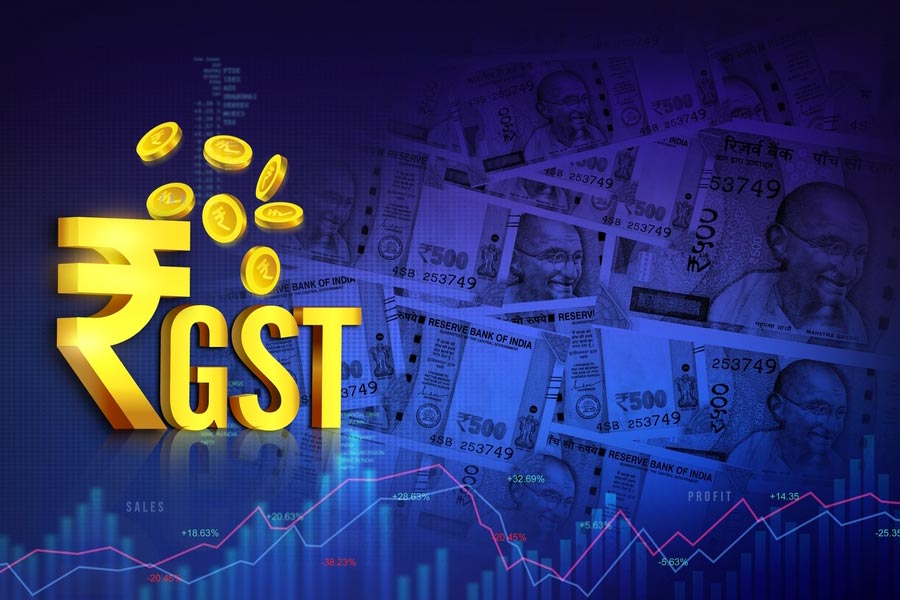Popcorn, in loose form, sold in movie theatres will continue to attract GST at a 5 per cent rate, same as in restaurants, government sources said.
However, if the popcorn is clubbed and sold together with a movie ticket, the supply would be treated as a composite supply and taxed as per the applicable rate of the principal supply, which is the ticket.
The 55th meeting of the GST Council clarified the GST applicability in popcorn after it received a request from Uttar Pradesh to clarify the classification and GST rate applicable to popcorn mixed with salt and spices.
There has been no increase in the GST rate on popcorn.
Popcorn is served to customers in theatres in loose form and hence will continue to attract a rate of 5 per cent as applicable to ‘restaurant service’ as long as supplied independently of the cinema exhibition service, according to the sources.
Under GST, popcorn mixed with salt and spices is classified as namkeen and attracts a 5 per cent tax. When it is pre-packed and labelled, the rate is 12 per cent.
All sugar confectionary, other than a few specified items, attract 18 per cent GST, and hence, caramelised popcorn attracts an 18 per cent rate.
The council recommended the issuance of clarification to facilitate the resolution of classification disputes in the field on ready-to-eat popcorn that is mixed with salt and spices, the government sources noted.
All goods, including food items, are classified under GST as per the Harmonised System (HS) classification, which is a multipurpose international goods nomenclature developed by the World Customs Organisation (WCO).
This system is used by over 200 countries, covering over 98 per cent of the international trade. The varying GST rates are only consequential to the classification of the commodity under different chapters of the HS system.
Old cars
A registered person will have to pay GST on sale of old and used vehicle only if the seller has earned a margin, which is the selling price is higher than the depreciation adjusted cost price of the vehicle, sources said.
The GST Council in its meeting last week decided to prescribe a single rate of 18 per cent on sale of all old and used vehicles including EVs, earlier leviable at different rates. PTI











